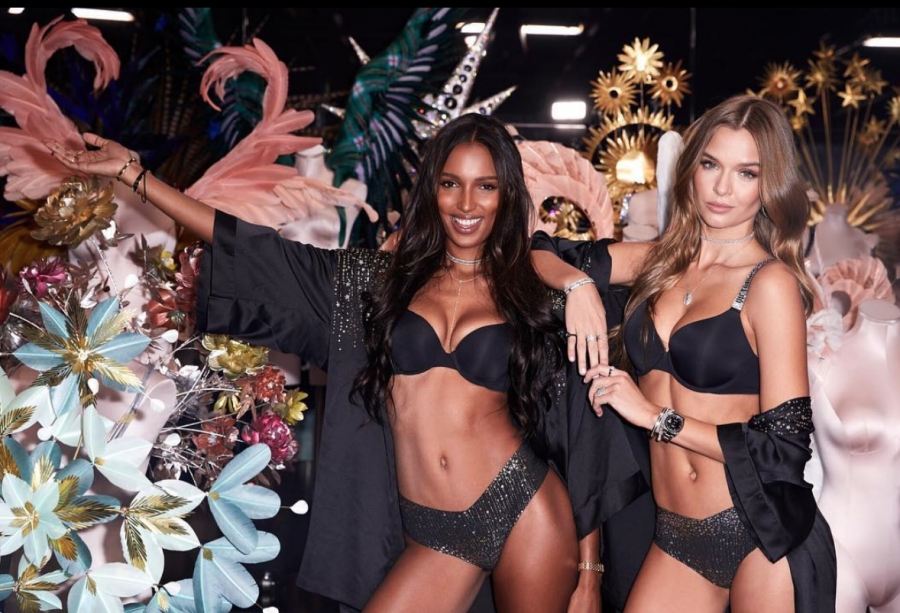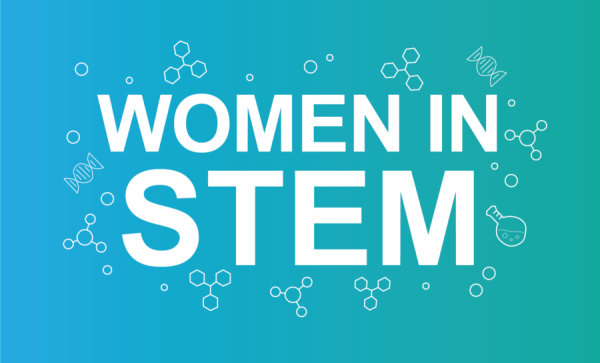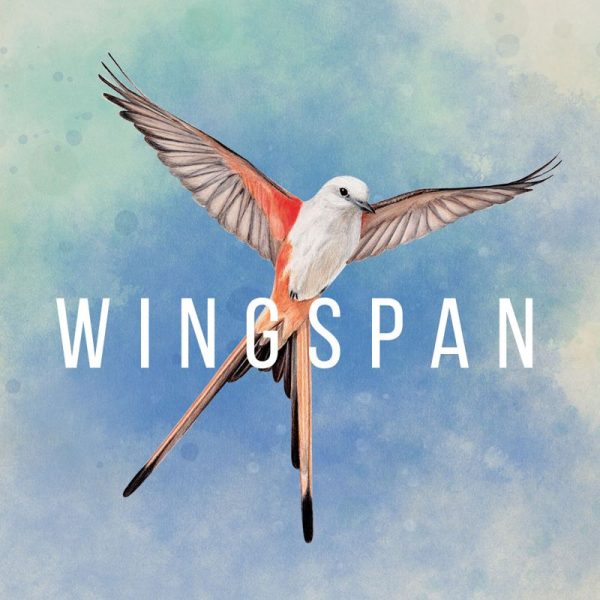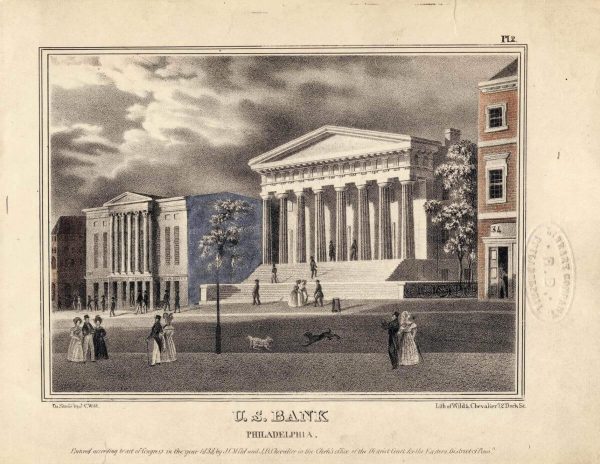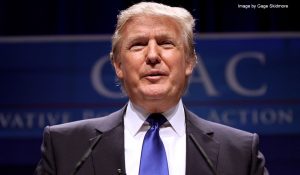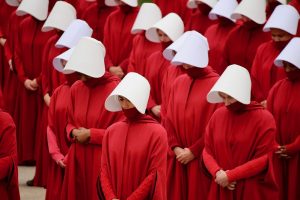University students criticize Victoria’s Secret exec’s anti-minority statements
November 19, 2018
On Nov. 8 the annual Victoria’s Secret fashion show laid out its elaborate fantasy like capitalist clockwork. The fantasy consists of angel-winged and extremely fit supermodels, who wear the company’s lingerie and sport full faces of high-end makeup. The glitz- and glamour-filled fantasy of the show this year was dampened by a statement released by a Victoria’s Secret executive. This message was conveyed in a manner that felt immoral to some consumers and fans: the company brands itself with thin and fit models, purposefully leaving out plus-sized and transgender women from their runway shows due to marketing reasons and the power of the lingerie brand and its fantasy reputation.
While the show featured the most popular models of the year—Gigi Hadid, Bella Hadid, and Kendall Jenner—and celebrated the end of Adriana Lima’s two-decade-long career as a Victoria’s Secret Angel, the spotlight seemed to be tainted by the statements from Ed Razek, the chief marketing officer of Victoria’s Secret’s parent company Limited Brands. The executive made remarks about trans and plus-sized people not being used as models in their shows because they were not deemed to be up to the company’s “fantasy” standards.
In an interview in Vogue, Razek explained why VS does not include these people in their shows: “We attempted to do a television special for plus-sizes [in 2000]. No one had any interest in it, still don’t. …So it’s like, why don’t you do [a size] 50? Why don’t you do 60? Why don’t you do 24? It’s like, why doesn’t your show do this? Shouldn’t you have transsexuals in the show? No. No, I don’t think we should. Well, why not? Because the show is a fantasy.”
These comments spread a wildfire of uproar. Even Victoria’s Secret Chief Executive, Jan Singer, left the company after Razek’s remarks. Transgender and body positive activists took to social media to tear down the ideals of the lingerie brand. They expressed their distaste for the lack of inclusion, especially in a political climate where transgender people are fighting for their place in society. University students expressed their opinions as well.
Florence Elle, University sophomore, explained that this exclusion felt “disheartening” and “disappointing” to her as a transgender woman. “Not because this is a departure from the norm, it is not, but the context in which the statement was made is incredibly hurtful. The idea that they don’t, ‘market to these demographics’ is not right. Not because every market, nor every business should be for everyone, but rather that they sell products to both trans women and plus size women,” Elle said. “Very few of their models are going to be wearing a 40DDD bra or something with [an] XXL waist anytime soon.”
In terms of larger societal attitudes towards transgender and plus size women, Elle said, “To just criticize Victoria’s Secret for their comments is a good start, but moving forward people should ensure they talk about how plus size women and trans women are represented in fashion and media as a whole.”
Lindita Kulla, University junior and social justice chair for the Student Government Association, stated that “the idea of European beauty standards still plagues our media.”
“In today’s social climate, the inclusion of trans women and plus-sized women in the modeling industry has made fashion more accessible to women,” said Kulla. “By showcasing body types that are realistic to everyday women, companies are giving themselves a wider audience to sell to. VS has severely constricted its options in who they are marketing to.”
According to Kulla, there is a way to make a change in how society perceives the actions of Victoria’s Secret. She said: “I think instead of bringing VS to light we should focus on looking into brands that are inclusive and lifting them up. Instead of talking about VS, we talk about Aerie. It is something that is proactive and can make better change. Rather than use negativity to highlight something, find its positive counterpart!”
While the Victoria’s Secret show aims to highlight strong women through a lingerie fashion show, numerous University students highly disagreed with the choice to publicly condemn trans and plus size women from the show. With inclusion becoming more prominent, especially for representation of minorities who feel left out of the societal landscape, these comments can bring executives—even entire companies—under the scrutinizing gaze of University students, young adults, and activists. Illuminating more inclusive lingerie lines like Aerie, ThirdLove, and ASOS Curve, can help to show underrepresented women where they can find their own “fantasy” through a seemingly accepting and diverse company.
Victoria’s Secret’s fantasy, if it included all women of all shapes and sizes, would possibly be a more realistic fantasy that diverse people could reflect upon. Representation is important, especially on a runway broadcasted on cable television.
The Victoria’s Secret Fashion Show airs on national television on Dec. 2.

